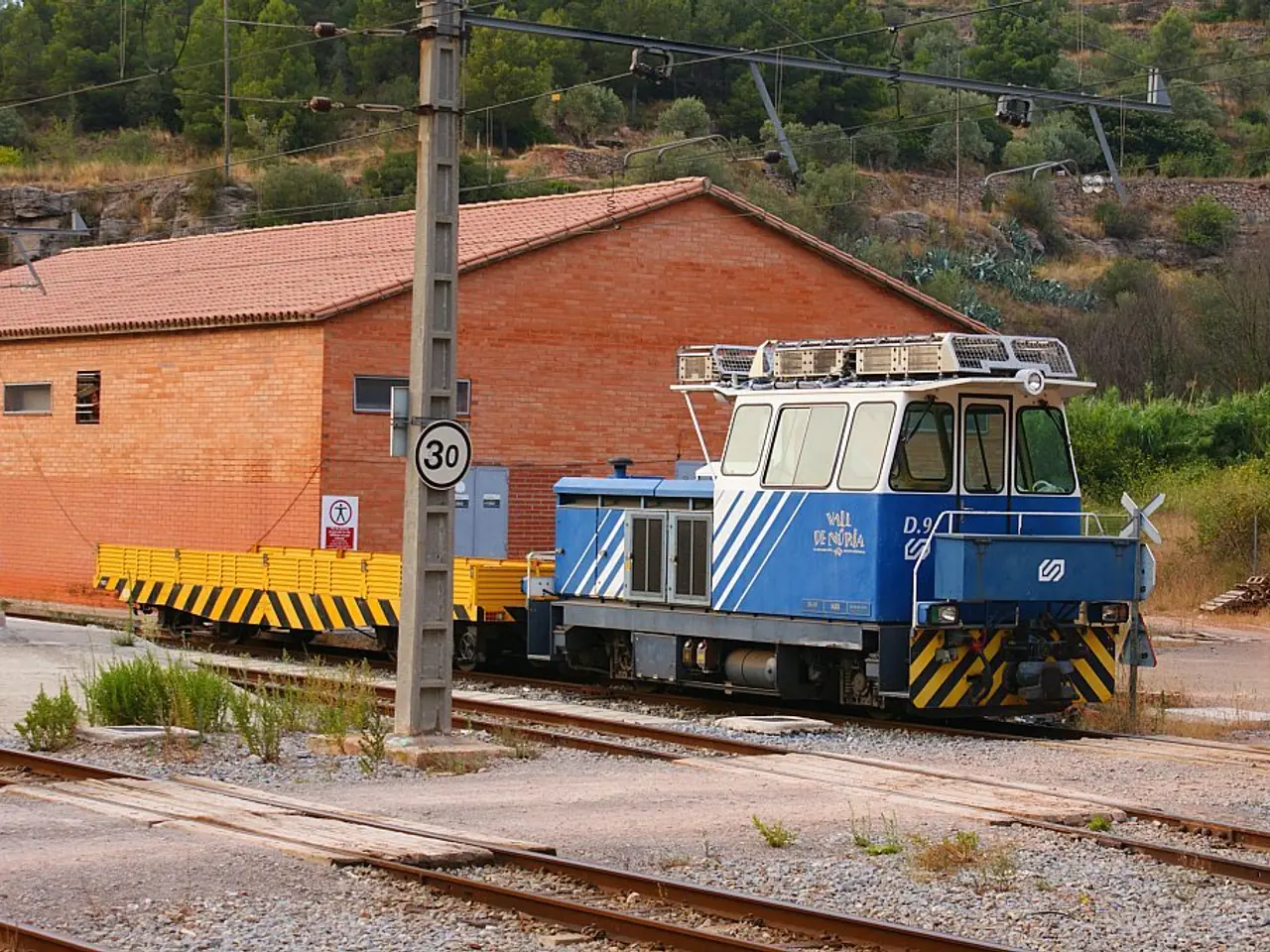Uncommon Railway Event: Seven Wagons Separate from Freight Train in Odisha
In a recent incident in Bhubaneswar, a coal-laden goods train had seven wagons separate from the engine near the Markona railway station. The train was traveling from Bhadrak to Balasore on the down line when the incident occurred around noon.
Despite the unsettling event, prompt intervention by railway staff helped ensure minimal disruption to services along the route. The situation was brought under control within half an hour as the locomotive returned and reconnected the separated wagons. No injuries or damage were reported during the incident.
Railway officials have launched an inquiry into the incident, with preliminary findings suggesting a possible technical fault in the coupling system. An expert in railway engineering has observed the incident and emphasized the critical need for stringent maintenance of freight trains.
To prevent such incidents, focusing on the maintenance of freight trains for operational efficiency and passenger safety is essential. Here are some key measures:
- Reliable Coupling Systems: Regular inspection and maintenance of the mechanical couplings that connect wagons are crucial. This includes checking for wear, damage, and proper locking mechanisms to ensure secure connections throughout the journey.
- Air Brake System Maintenance: Maintaining the air brake system—compressors, reservoirs, pipes, and valves—ensures the automatic safety response functions correctly, should a train separate.
- Slack Management and Dynamic Braking: Proper handling of train slack (the slight gaps between coupled wagons) is important to prevent sudden forces that might lead to uncoupling or damage.
- Pre-Trip Inspections and Scheduled Maintenance: Systematic checks of couplings, brake systems, wheelsets, and other critical components before departure are essential.
- Use of Modern Safety and Monitoring Technologies: Electronic or pneumatic monitoring systems can detect coupling integrity and air brake functionality in real-time, alerting crew to potential separation issues.
- Operational Procedures and Worker Safety Protocols: Adequate training and clear procedures for coupling/uncoupling, brake tests, and emergency responses reduce human error, a common cause of separation.
By combining these technical maintenance practices with robust operational protocols, railways can significantly reduce the risk of wagon separations, ensuring operational efficiency and safety for both freight operations and passengers where mixed traffic occurs.
Separately, Finance Minister Nirmala Sitharaman announced next-generation GST reforms aimed at providing relief to the common man and MSMEs. This announcement, however, is a separate event from the railway incident in Balasore.








